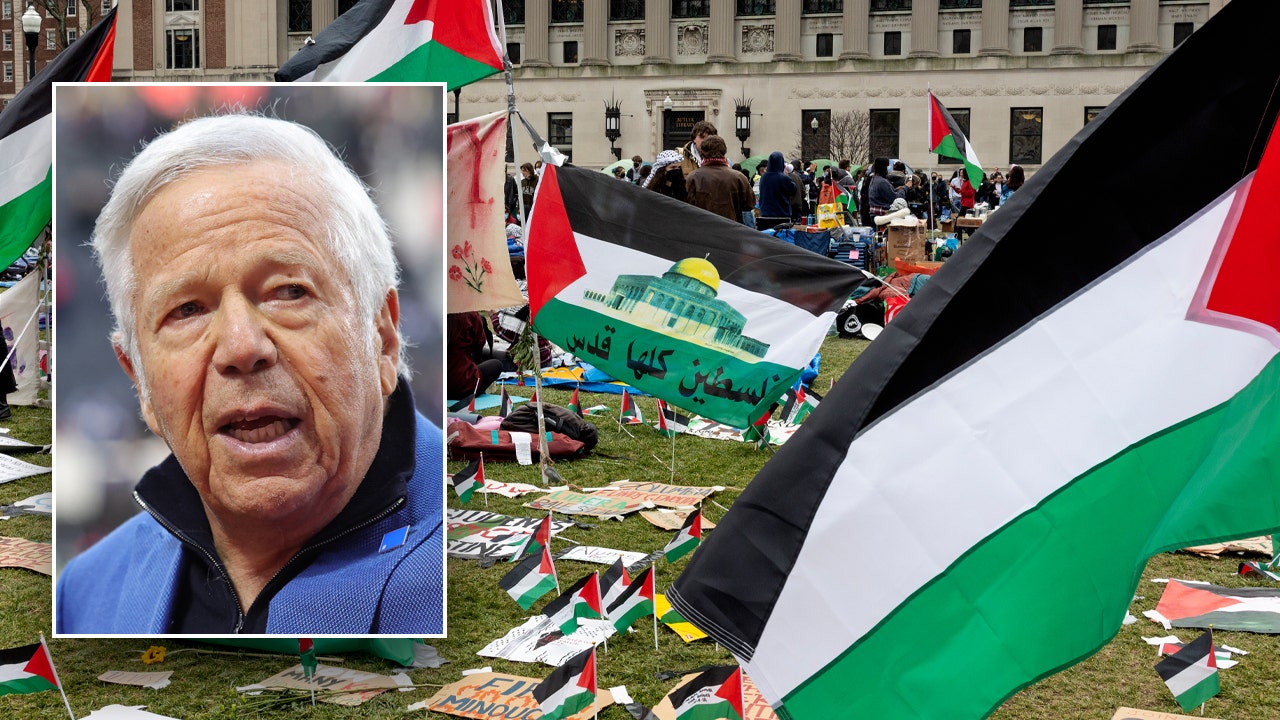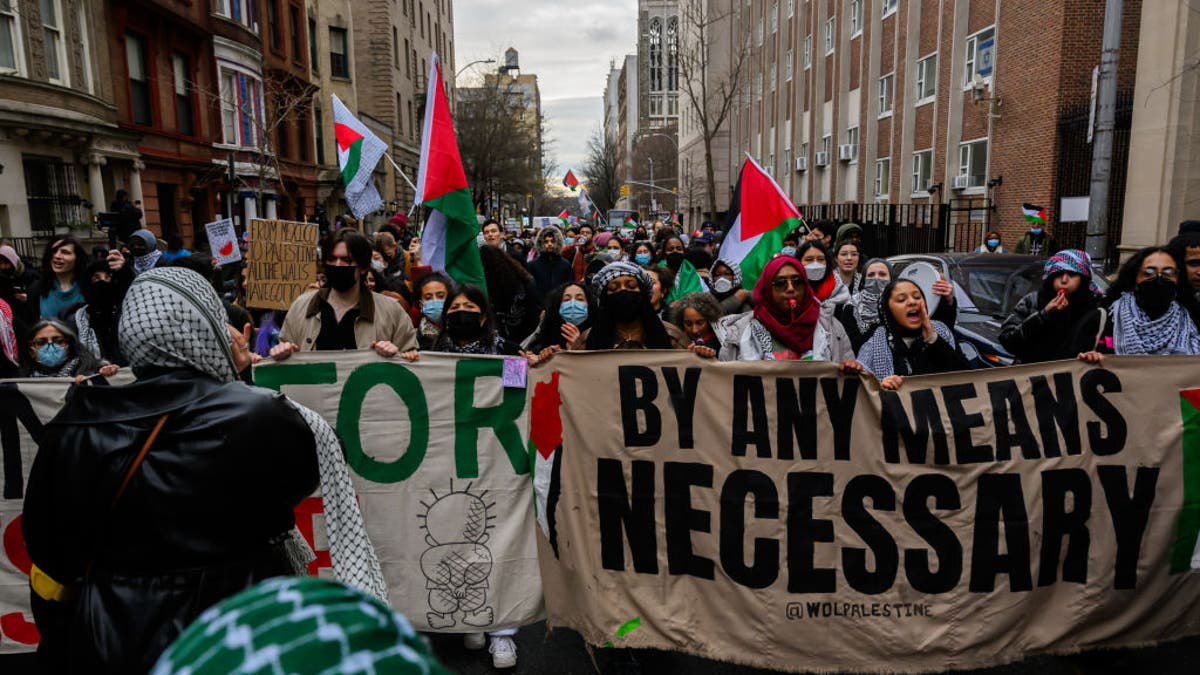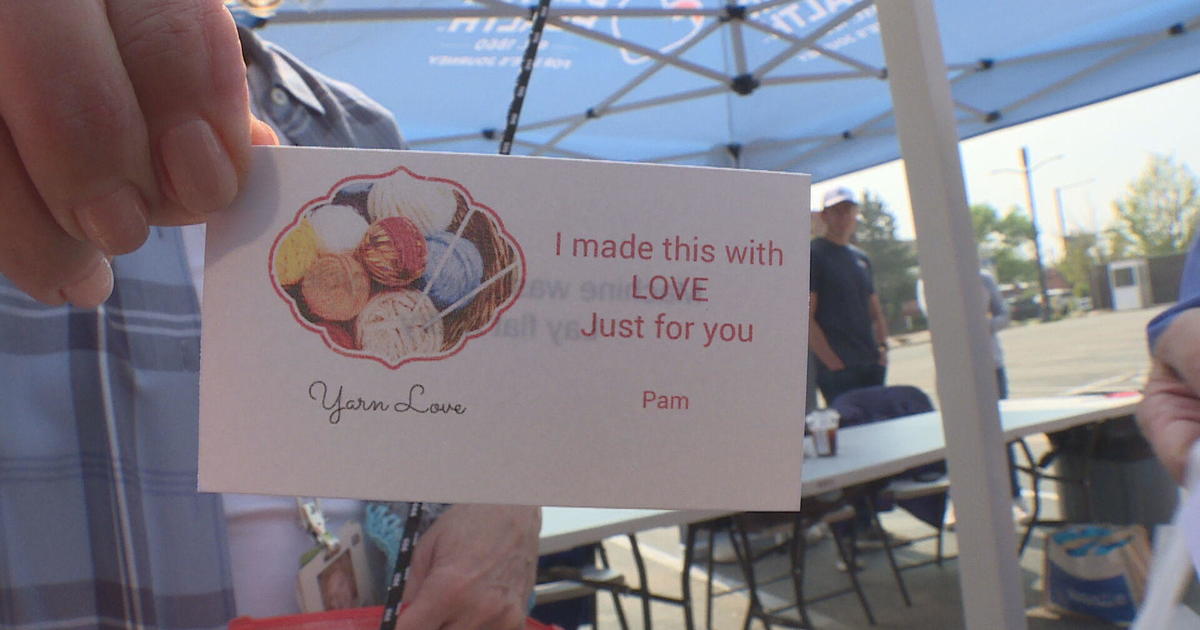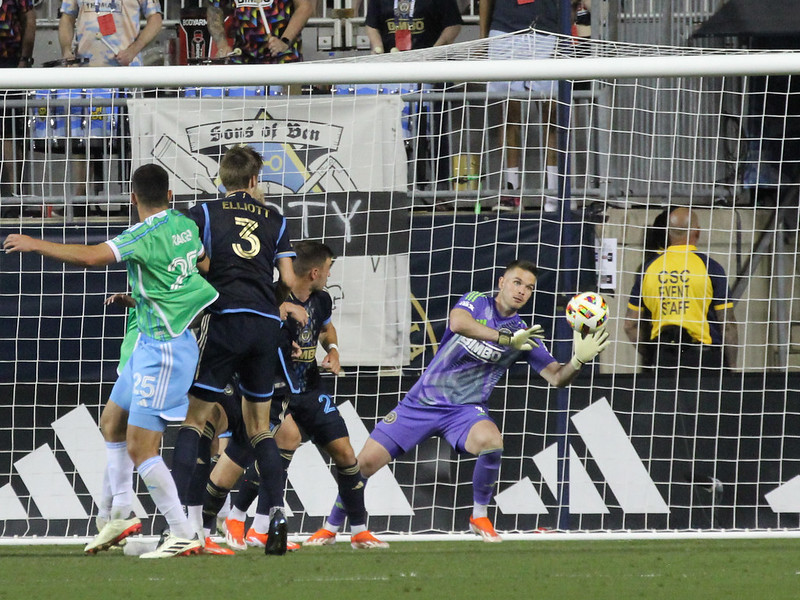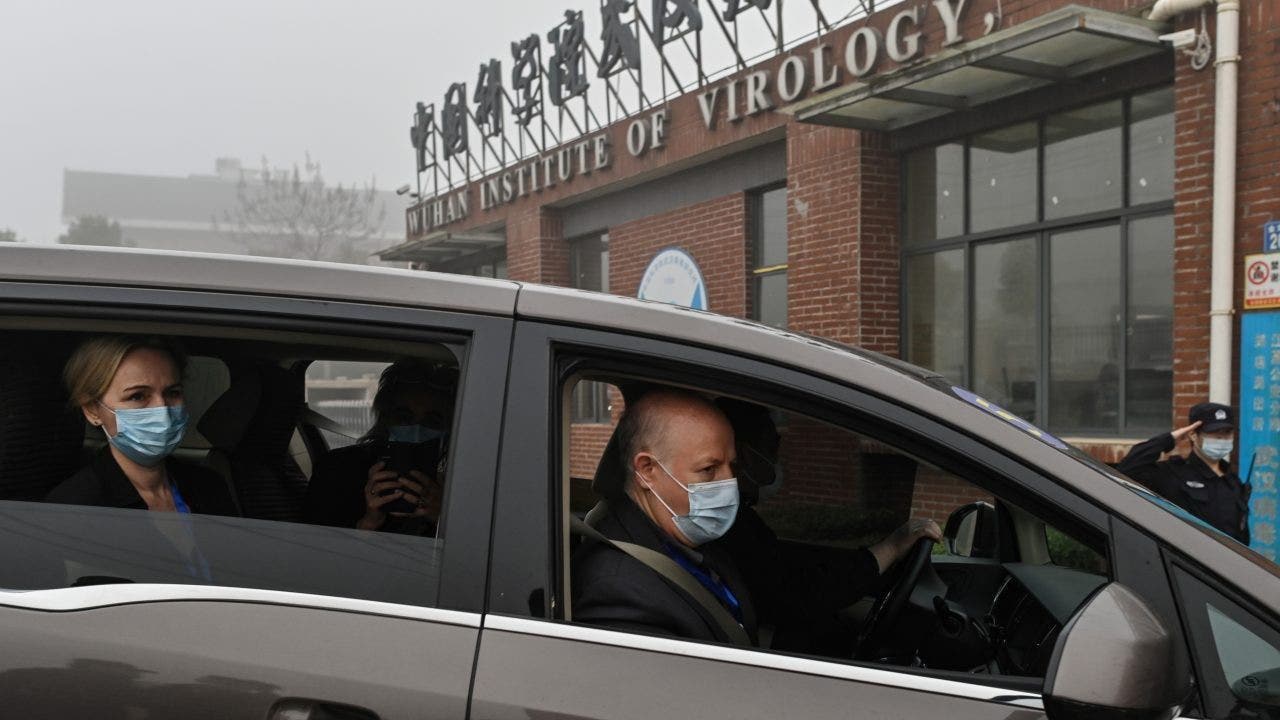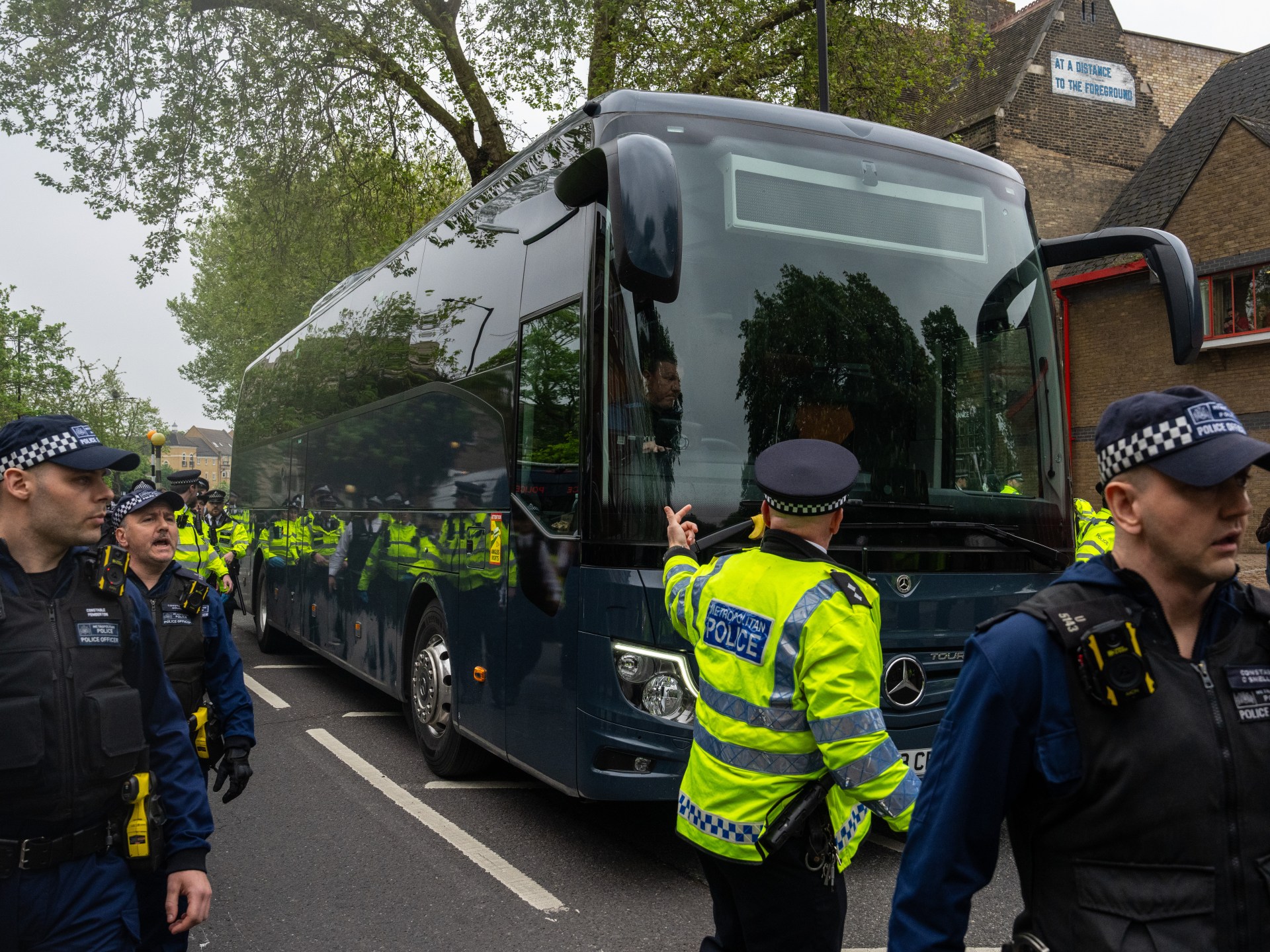At the recent gathering of G20 finance ministers in Brazil, delegates were gripped by a deep sense of unease over a pressing issue: the potential seizure or use of Russian assets frozen under the western sanctions that followed its invasion of Ukraine.
Two ministers — Saudi Arabia’s Mohammed al-Jadaan and Indonesia’s Sri Mulyani Indrawati — were among those particularly alarmed by the idea. Were G7 countries seriously preparing to do this? And had they considered the full implications of such a drastic step?
Their questions to their western counterparts cut to the heart of a fraught debate over whether hundreds of billions of euros in frozen Russian central bank assets should be mobilised to help fund Ukraine as the conflict there drags into a third year.
Doing so would deliver a financial boost with the potential to turn the war in Kyiv’s favour, argue those in support, led by the US. For opponents of the idea, such a move risks setting a dangerous precedent in international law — one that could endanger not only the interests of any country that falls out with western capitals, but also the international legal order itself.
For now, Kyiv is relying on the $61bn package of military aid approved by the US Senate on April 24 following months of political wrangling. But US President Joe Biden is pressing his allies to seek ways of tapping into the roughly €260bn of Russian reserves, with the G7 leaders’ summit in Italy next month seen as a key moment to push for progress.
“We immobilised the assets together; we would like to mobilise them together as well,” says Daleep Singh, White House deputy national security adviser for international economics.
Yet the topic is dividing the club of advanced economies. The Biden administration has backed calls for confiscation, as have Canada and some members of the UK government, especially its foreign secretary, Lord David Cameron. Meanwhile, Japan, France, Germany, Italy — and the EU itself — remain highly cautious, resulting in a stalemate.
Some of the most prominent sceptics are G7 central bankers who are conscious of the stabilising role that foreign exchange reserves play. European Central Bank president Christine Lagarde has warned that “moving from freezing the assets, to confiscating them, to disposing of them [could carry the risk of] breaking the international order that you want to protect; that you would want Russia to respect”.
Speaking in São Paulo in February, finance minister Giancarlo Giorgetti of Italy, which holds the G7 presidency this year, said that it would be “hard and complicated” to find a legal basis for seizing Russian state assets. His French counterpart, Bruno Le Maire, was even more trenchant, arguing that the legal foundation simply did not exist.

Further afield, the worry is about the precedent this would set. Countries such as Indonesia and Saudi Arabia have been lobbying EU capitals not to seize the assets, according to officials, fearing for the future of their own reserves held within the west. “They are very worried,” says one European official, adding that their main concern is: “Is our money still safe there?”
“Our international legal system doesn’t have a police force . . . it really does rest on fundamental respect for international law,” says Philippa Webb of King’s College London, author of a European parliament study on the legality of confiscating Russia’s assets.
“The risk is that if we just start ignoring these principles, they can equally be used against us by other states and that we set a precedent that can have unintended effects down the line.”
The debate over what to do about Russian foreign reserves has been raging ever since Kyiv’s allies took the landmark step of immobilising hundreds of billions of euros following the full-scale invasion of Ukraine in 2022.
The move showed how far Kyiv’s supporters were willing to go to harm the Russian economy, with one senior US official vowing to send the rouble into freefall.
But since then the vast trove of Russian assets has been sitting inert in western financial institutions, such as central securities depository Euroclear.
To the government of Ukrainian President Volodymyr Zelenskyy, the case for grabbing the assets, the majority of which are in the EU, is clear-cut and well founded in international law.
Kyiv itself has already confiscated the equivalent of some €366mn in Russian state assets belonging to state-owned Sberbank and the Russian state development corporation VEB.RF, using countermeasures and self-defence as legal arguments.

Ukraine’s Iryna Mudra, deputy head of the presidential office, argues that confiscating the central bank’s assets would not be a way of penalising Russia, but rather “restoring the rightful norm” by compelling Moscow to honour an existing obligation to make war reparations.
“It’s not just because Ukraine wants this, it’s because international law allows this and requires the states to act all together, in order to cease this aggression,” she says.
But other governments, including those within the G7, are wary of being accused of taking any step that would amount to a violation of international law — the very thing they accuse Russia of.
“It is morally and politically absolutely sound, but legally it is not sound,” says Armin Steinbach, professor of law and economics at HEC Paris business school.
Any plan to use these assets would test the legal principle of state immunity, whereby no country can be sued by the courts of another if they do not agree it has jurisdiction over it, say some academics. “It’s a very old and well-established principle, and it’s based on the idea that all states are equal,” says Webb, a public international law professor at King’s. “Even the world’s superpowers can’t sit in judgment on a tiny island state.”
Some European officials also worry that such a move would unleash a flurry of reparations claims relating to decades-old disputes such as those against Germany after the two world wars, as well as former colonies staking claims on former imperialist powers.
The US, however, argues there is a legal basis for outright confiscation of the assets as a lawful countermeasure to Russia’s war of aggression. It has sought to convince others that G7 countries are “specially affected” by Russia’s unlawful invasion, including through the impact on their economies, and can therefore act to make Moscow end its aggression.
The foreign aid package passed by Congress last week grants the Biden administration the right to seize Russian assets held by the US, paving the way for confiscation.
But Europeans point out it is easier for the US to adopt a hardline stance given America holds only $5bn in Russian state assets. “They have little skin in the game,” says one European diplomat.

While violations of international law can, in very restricted circumstances, be justified, an important condition is that the countermeasures be temporary and reversible.
Confiscation would not fulfil that requirement, says Webb, adding that central bank assets “have traditionally enjoyed a very high level of immunity”.
Violating this could lead to other states seizing western assets in their jurisdictions, opponents say, damaging the standing of Europe’s financial centres and creating a wild west where anything goes.
China, which opposed western plans to impose “unilateral sanctions” on Moscow in the first place, has concerns about the credibility of the international financial system if frozen assets are mobilised, says Cui Hongjian, professor with the Academy of Regional and Global Governance, Beijing Foreign Studies University.
China has pursued a de-dollarisation agenda, partly by encouraging countries to switch to Renminbi as an alternative, with so far limited success.
“It will maybe send a message to China to try to provide more guarantees for its assets abroad,” says Cui, a former director of a think-tank affiliated with the Chinese foreign ministry. “It will also maybe give some encouragement to the discussion within China about the internationalisation of the renminbi.”
Although Ukraine continues to push for an all-out seizure of Russia’s assets, G7 officials say privately that is no longer on the table. Instead, they are exploring alternative ways of extracting funding from the frozen assets.
One idea proposed in February by Belgium, which holds about €190bn in Russian central bank reserves at Euroclear, suggested using those reserves as collateral to raise debt for Ukraine.
Under this plan, the G7 would set up a special purpose vehicle issuing debt in Russia’s name and the collateral would only be called on when the debt reached maturity.
But after initially gaining traction — US Treasury secretary Janet Yellen has touted it as an option — the Belgian plan was abandoned. The idea could leave the liability for any resulting legal claims with Euroclear, which argued the plan comes with the same challenges as full confiscation.
European countries want to steer clear of anything that appears to touch the assets themselves for fear of retaliation.
To get around this, the White House is pushing a new idea that it hopes will win the support of G7 leaders in June. This would involve releasing about $50bn of funding for Ukraine via a loan or bond secured against future profits from the frozen assets, explains Singh.
Euroclear has already made more than €5bn in extraordinary profits after tax since the start of the war, as it reinvests stuck coupon payments and cash from maturing securities that cannot be paid out to Russia under the sanctions.

But the EU has a different plan for this money. Under EU proposals, set to be adopted in the coming weeks, a majority of present and future profits from Russian assets held by Euroclear will be used primarily to jointly purchase weapons for Ukraine. All the profits generated up to mid-February will be left to Euroclear to act as a buffer against legal costs and risks.
“We can think about other actions, but for now we believe that this is something that is legally supported,” said Josep Borrell, the EU chief diplomat, in an apparent rebuff to US proposals in a speech at the end of April.
Politicians, legal experts and Euroclear itself agree that using the extraordinary profits, rather than the assets themselves, is legally sound, making it far less risky than grabbing the Russian reserves.
But the EU’s plan, which needs a consensus of all 27 member states, would only generate an estimated €3bn a year, depending on the evolution of interest rates.
Under the White House plan, however, those profits would be brought forward as rapidly as possible, with a goal of handing Ukraine tens of billions of dollars shortly after any potential deal is agreed at the forthcoming G7 leaders’ summit.
“We are developing the option that seems to have the greatest likelihood of delivering the most impact in the shortest period of time,” says Singh. “It is really important for us that we maintain solidarity.”
The problem with that plan, for Europe, is what happens if the war ends in the near future. The debt raised against the expectation of decades’ worth of profits would need to be backed by state guarantees or by the Russian assets themselves — something that could be “complicated and costly”, says one EU official.
“If there is ever a peace negotiation and Ukraine decides to participate, there might be a situation where Russia demands its frozen assets back and in exchange agrees to make territorial concessions to Ukraine. You can’t do that if you’ve already mortgaged those assets,” says one German official.
Eurozone officials are also deeply wary of anything that could negatively affect the euro’s hard-fought gains as a global reserve currency.

Given that most of the Russian reserves are held by EU jurisdictions, the ECB and key EU capitals argue that the euro would carry the brunt of any flight from foreign reserves triggered by an effort to tap into the assets.
They also consider the safety of European assets still held in Russia, given that Moscow has pledged to retaliate against property held by western public and private actors held in the country if the G7 moved to confiscate Russia’s foreign reserves.
“We have ways to respond. We have also frozen sufficient volumes of financial assets and investments of foreign investors in our securities, all of which transfers we carry out for the owners of our securities,” says Russia’s finance minister, Anton Siluanov.
According to European officials, European investors have €33bn stuck in Russia’s National Settlement Depository — the Russian equivalent of Euroclear — which are slowly being seized through its courts.
While many western companies have left Russia, often selling their business at a loss, some of them maintain physical assets there, such as factories and stock, worth billions of euros.
Foreign companies hold physical assets in Russia worth $285bn, according to research by Steinbach based on data from the Kyiv School of Economics. The largest part, $105bn, are European companies’ assets — more than three times the $36bn of assets held by American companies in Russia.
If the G7 measures are carefully designed and in accordance with international law, Russia would be violating international law by seizing any western assets, experts say.
But it is unlikely that crossing that line would have much of an impact on Moscow’s thinking. Russia is already seizing western businesses, recently nationalising Russian subsidiaries of German and Italian home appliance makers BSH Hausgeräte and Ariston.
The urgency of the situation in Ukraine may be the issue that finally breaks the deadlock on frozen assets.
Some countries are hoping the recently approved US aid package will alleviate the pressure of having to tap into Russian assets now that Kyiv is on more stable financial footing, European officials say.
But that notion is rejected by the White House’s Singh who warns that the decisions made by the G7 in the short term “have generational consequences.”
There are risks to mobilising the reserves, he acknowledges. But the alternative is the “risk that Ukraine is not sufficiently funded and one of the most egregious violations of international law in recent history occurs with impunity.”
Additional reporting by Kana Inagaki in Tokyo, Joseph Leahy in Beijing, Guy Chazan in Berlin and James Politi in Washington
This article has been amended to correct Iryna Mudra’s role

